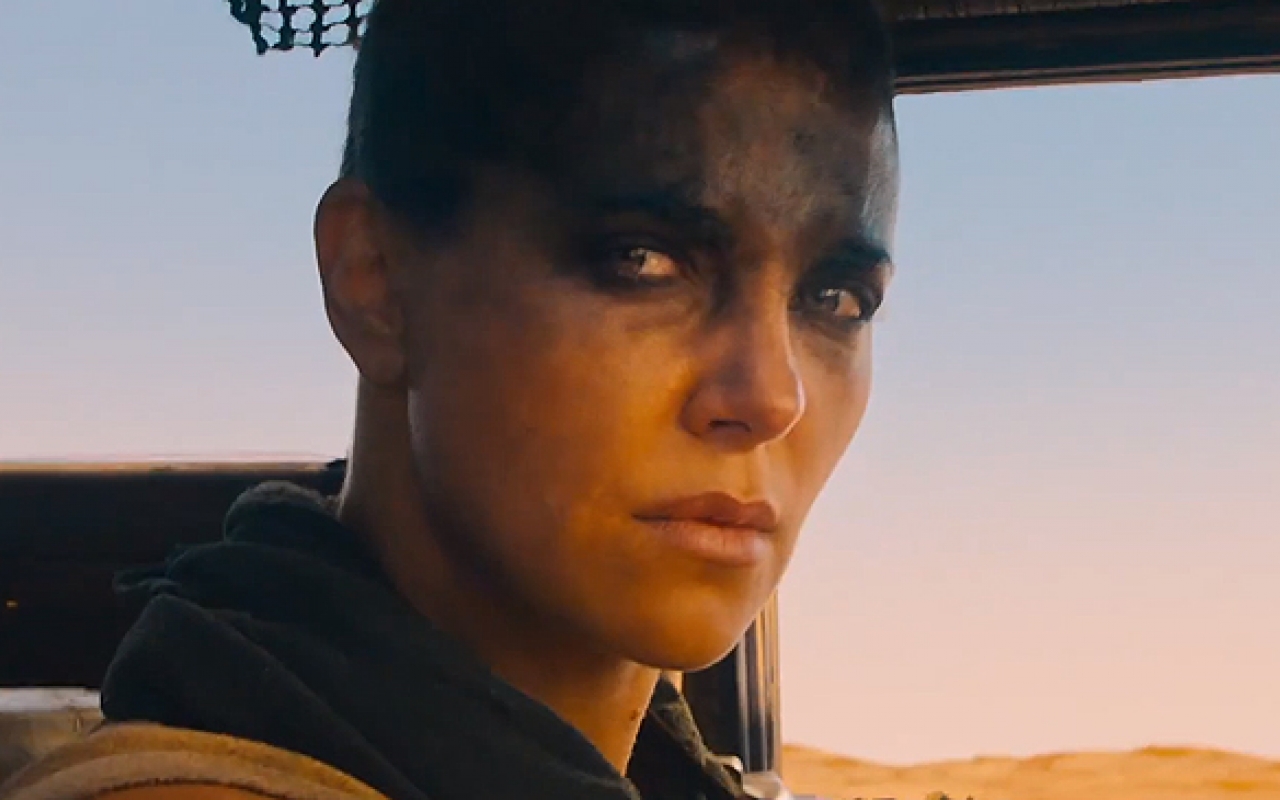
The more poignant and meaningful a line of dialogue is, the better it is.
A way to create subtext is to make a character hint at something painful to them or the person they are addressing. In other words, we have them hint at an intimate struggle, a flaw or moral “need” they are experiencing (copyright by John Truby).
Think about it this way. In real life, you would not share your secrets if you were not sure that the guy in front of you was ready, trustworthy or sensible enough to understand them. That’s why, if you feel that the person you are talking to hides his own inner sufference, you would choose your words carefully and avoid going straight to the point. You would be aware that tackling the problem so openly could light up a dangerous conflict.
What you would do instead is hinting at the issue, alluding at it or making the other person sense it. You play between the lines of dialogue, as their real meaning does not lie on the surface. This is generally called “subtext”.
Take, for example, the intense dialogue between Furiosa and Max from Fury Road.
She has just answered Max’s question, telling him what motivates the young women who are escaping with her (“They are looking for hope”). Now Max’s curiosity turns to Furiosa and her motives, but what he receives is only a short and laconinc answer. And yet a lot is implied:

One word. No other explanation is needed.
We understand that the line contains in its subtext a huge part of Furiosa’s backstory – a part which we haven’t heard anything about until now neither we’ll do in the rest of the movie. “Redemption”… It comes to mind that she has been lieutenant of the tyrannical Immortan Joe and must have contributed to his oppressive government, doing bad things, things that are painful to remember and, worse, to express.
But… wait a minute… Haven’t we seen from the very beginning of the movie that Max is tormented by the nightmare of a girl he could not save? We have seen short and poignant memory flashes. The context was not clear. We could not get the details of the events, but one thing is sure: Max feels guilty. He needs redemption too. This is why Furiosa’s answer touches him. Later on Max makes the decision to continue the fight and help Furiosa and here is how, significantly, he tells it to her: “we might be able to… together… come across some kind of redemption”.
The first, intense dialogue about motives contains a double dose of subtext. First, subtext is obtained through Furiosa’s inner row nerve. Then, a second dose of subtext is added through Max’s flaw, which Furiosa brings in unintentionally (she does not know Max’s sense of guilt, only we, the audience, do). Here, in fact, is another point: it is because of a twist of fate that what she says has such a deep meaning for him.
I have my personal statistics. Only great movies have scenes where dialogue has a double dose of subtext because the irony of fate plays a part. Have a check analyzing Collateral, The Life of Others, Crash…
Mad Max: Fury Road certainly belongs to the same class.

Be First to Comment